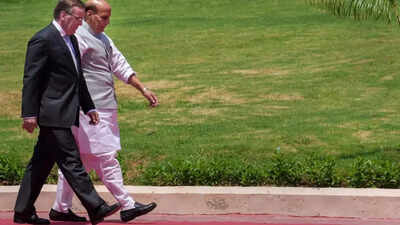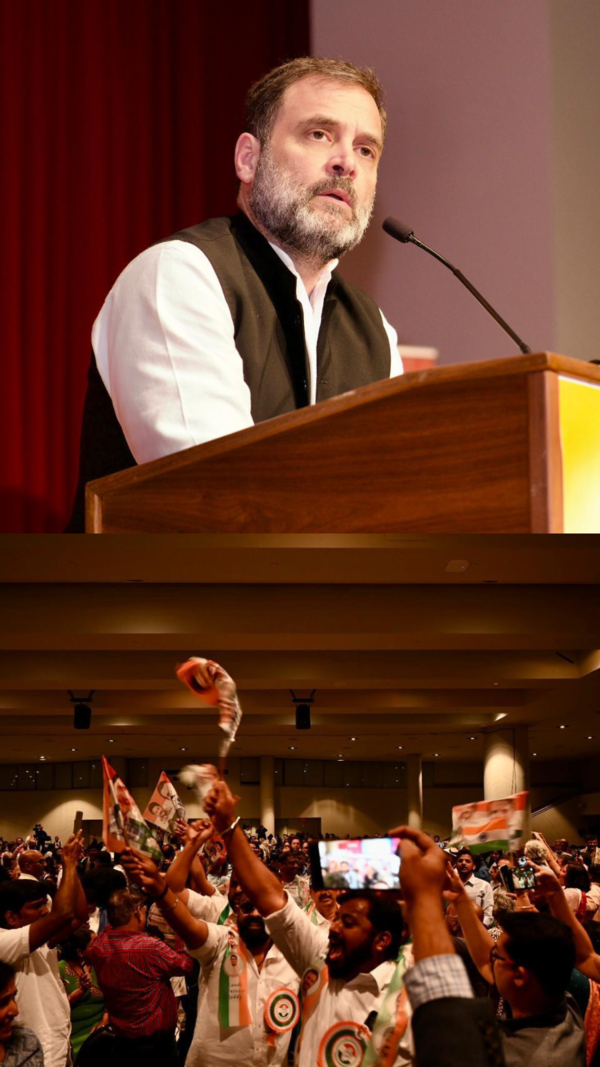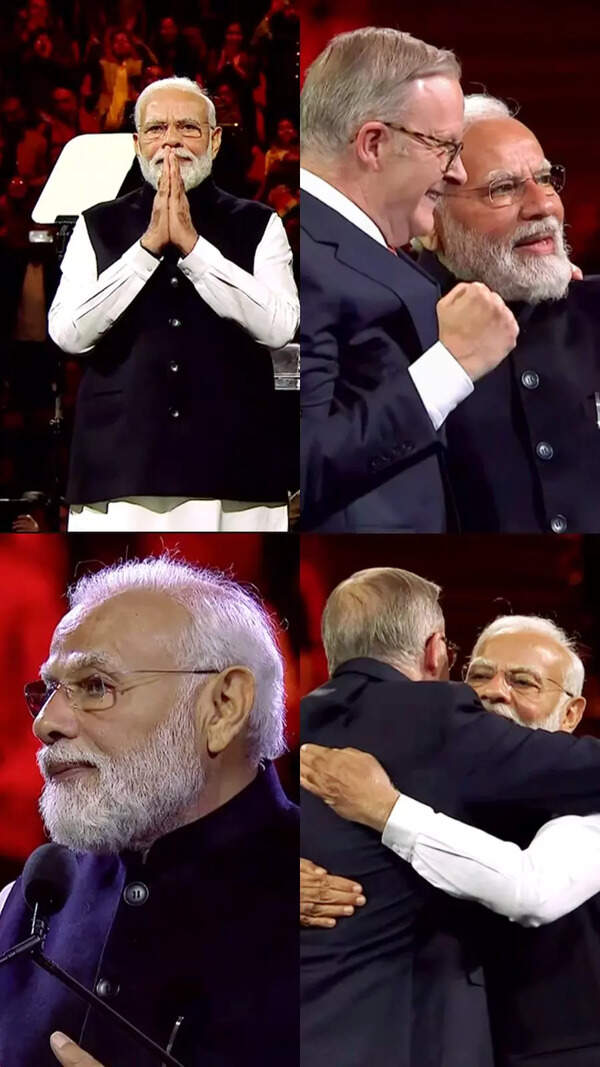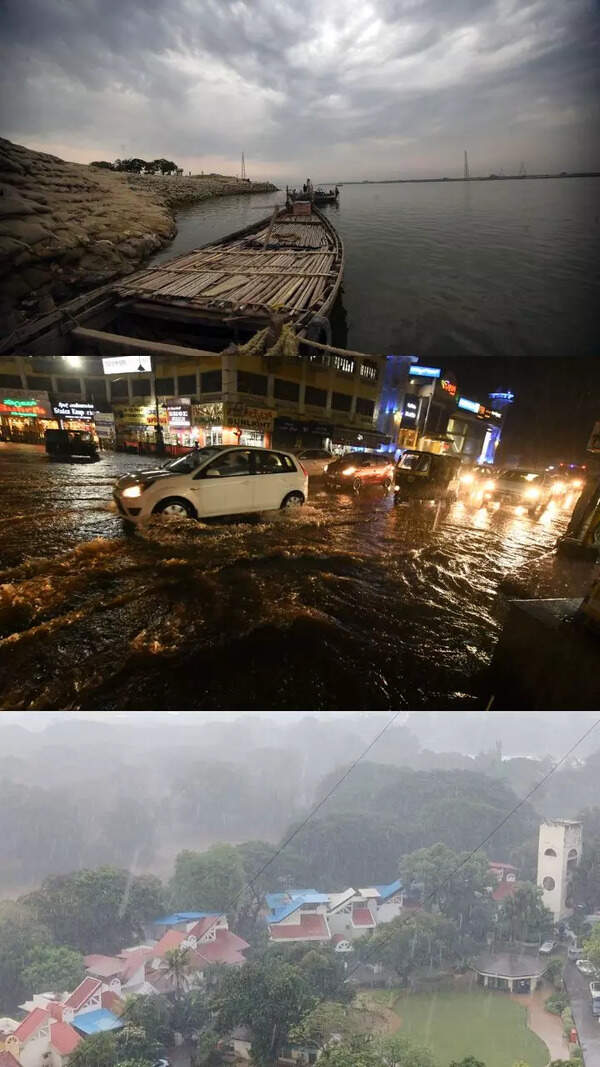- News
- India News
- Berlin eyes submarines project, Delhi seeks more defence investment
Trending Topics
Berlin eyes submarines project, Delhi seeks more defence investment

NEW DELHI: India on Tuesday asked Germany to get its companies to invest in the Indian defence production sector and help build resilient supply chains to reduce reliance on China, while also stressing that Pakistan cannot be trusted with high-end military technologies because of its deep-seated collusion with Beijing.
Defence minister Rajnath Singh highlighted the new opportunities in defence production, including the possibilities for German investments in the two defence industrial corridors in UP and Tamil Nadu, during the delegation-level meeting with his German counterpart Boris Pistorius here.
“India’s skilled workforce and competitive costs along with Germany’s high technologies and investment can further strengthen ties,” Singh said, adding that the bilateral strategic partnership should be bolstered with “a more symbiotic defence relationship” based on “shared values of democracy and common positions on several international issues”.
Germany is keen to bag India’s over Rs 42,000 crore contract to build six stealth diesel-electric submarines, equipped with both land-attack cruise missiles as well as air-independent propulsion for greater underwater endurance, in collaboration with defence shipyard Mazagon Docks or private L&T shipyard. But Indian officials say it’s an open competition with German firm ThyssenKrupp Marine Systems (TKMS), Navantia (Spain) and Daewoo (South Korea) being the main contenders for the ‘Project-75-India’ submarine programme. “The revised bid submission date is August 1,” an official said. Pistorius said, “We are talking about the deal of TKMS for six submarines. The procedure is not finished yet, but I think the German industry is at a good place in that race.”
During the meeting, sources said India underlined China’s expansionist policies along the LAC, the Indian Ocean Region and elsewhere in the Indo-Pacific region. “It was also conveyed that Pakistan is drawn into China’s ambit due to its internal and strategic imperatives. Western countries should not trust Pakistan with sophisticated defence technologies because they will be shared with China, which will reverse engineer them,” a source told TOI.
Singh said Indian defence companies could participate in the supply chains of the German defence industry, add value to the ecosystem, and contribute to the resilience of supply chains. “Germany was told India is a responsible and functional democracy, unlike China or Pakistan, and should be treated as a privileged and reliable partner,” the source said.
On Indo-Pacific, Pistorius said there was agreement about German and European role. “I think we should, and we can, and we ought to do more in the region in partnership with India,” he said.
Defence minister Rajnath Singh highlighted the new opportunities in defence production, including the possibilities for German investments in the two defence industrial corridors in UP and Tamil Nadu, during the delegation-level meeting with his German counterpart Boris Pistorius here.
“India’s skilled workforce and competitive costs along with Germany’s high technologies and investment can further strengthen ties,” Singh said, adding that the bilateral strategic partnership should be bolstered with “a more symbiotic defence relationship” based on “shared values of democracy and common positions on several international issues”.
Germany is keen to bag India’s over Rs 42,000 crore contract to build six stealth diesel-electric submarines, equipped with both land-attack cruise missiles as well as air-independent propulsion for greater underwater endurance, in collaboration with defence shipyard Mazagon Docks or private L&T shipyard. But Indian officials say it’s an open competition with German firm ThyssenKrupp Marine Systems (TKMS), Navantia (Spain) and Daewoo (South Korea) being the main contenders for the ‘Project-75-India’ submarine programme. “The revised bid submission date is August 1,” an official said. Pistorius said, “We are talking about the deal of TKMS for six submarines. The procedure is not finished yet, but I think the German industry is at a good place in that race.”
During the meeting, sources said India underlined China’s expansionist policies along the LAC, the Indian Ocean Region and elsewhere in the Indo-Pacific region. “It was also conveyed that Pakistan is drawn into China’s ambit due to its internal and strategic imperatives. Western countries should not trust Pakistan with sophisticated defence technologies because they will be shared with China, which will reverse engineer them,” a source told TOI.
Singh said Indian defence companies could participate in the supply chains of the German defence industry, add value to the ecosystem, and contribute to the resilience of supply chains. “Germany was told India is a responsible and functional democracy, unlike China or Pakistan, and should be treated as a privileged and reliable partner,” the source said.
On Indo-Pacific, Pistorius said there was agreement about German and European role. “I think we should, and we can, and we ought to do more in the region in partnership with India,” he said.
Start a Conversation
FOLLOW US ON SOCIAL MEDIA
FacebookTwitterInstagramKOO APPYOUTUBE










